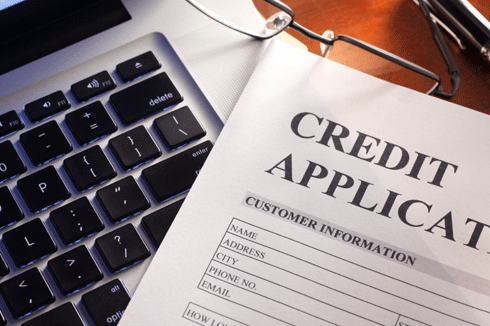Debt Relief Loan Options
- Consider a consolidation loan to pay-off your debt sooner or to make your monthly payment smaller.
- Review the differences between secured and unsecured loans.
- Avoid running up new debt, after you consolidate your old debt.
- Start your FREE debt assessment
Learn your debt relief loan options.
You might be interested in a debt relief loan if payments to many different lenders and high interest rates are straining your finances. Consolidating your debt can reduce your monthly payments by lowering your interest rates and/or extending your term. Usually, in order to do so you must take out a loan. By allowing you to pay off your original debt, this loan will consolidate all your separate payments into one monthly payment. Note that you are not actually eliminating your debt, but instead giving yourself relief from the pressure associated with the debt you have.
You have a few different debt relief loans to choose from when you consolidate your debt. All loans break down into two types: secured and unsecured.
Secured Debt Relief Loans
An asset or collateral of some sort protects the lender when you obtain a "secured loan." You must own items, such as property or a car, which the loan can be secured against, even if they are not fully paid off, to obtain a secured loan. The lender can place a lien against these items. A lien will keep you from selling the property or will allow the lender to force your property into sale in order to collect on the loan if you fail to make payments according to the agreed upon terms. When you take out a secured loan, the lending company holds your title to your property until you settle your debt in full, including all interest and applicable fees. Because your debt is secured against actual assets, lenders are more likely to grant you larger amounts of money than an unsecured loan.
Types of secured loans include home equity loans, home equity lines of credit, mortgage refinance loans and second mortgages. These loans are based on the total value of your home minus the amount you still owe. You can use these loans to consolidate your debt and pay your original debt off. Once you pay the original debt off, you will have a more convenient single monthly payment and hopefully a lower interest rate, as secured loans typically have lower interest rates than unsecured loans. The downside to this sort of loan is that if you have budgeted incorrectly and are unable to make payments for your consolidated loan, you may lose the property against which the loan is secured.
Unsecured Debt Relief Loan
An unsecured debt relief loan is harder to obtain because the lender has nothing to collect if you are unable to pay them back. Lenders will look at your credit and employment history in order to determine your risk level: or what is the statistical likelihood that you will repay the loan. Regular payments on your current debt and a stable employment history show that you are not a high risk. There are lenders who will give unsecured loans to you if you have bad credit or unstable employment history, but their interest rates are usually very high. Any unsecured loan will have a higher interest rate than a secured loan and usually will be for a limited amount.
It is easier to obtain unsecured personal loans through consolidation companies if your debt is good debt as opposed to bad debt. Good debt is incurred from an investment (mortgage) or improving yourself (student loan). Bad debt is incurred from credit cards, retail charge cards, and financing luxury items like electronics or boats.
If you believe you will be able to make one larger payment on time and in full, then consolidation may be an easier option for you. However, remember that even at a lower interest rate, which may be difficult to get if your loan is unsecured, paying your debt off over a longer term will result in a higher grand total on your loan just by virtue of the increased amount of time over which your loan will have interest applied to it.
Free up cash each month with Freedom Debt Relief

Ozzy S., Freedom client
“Right away, I had more money each month because of program costs so much less than what I was paying on my minimums.”
Actual client of Freedom Debt Relief. Client’s endorsement is a paid testimonial. Individual results are not typical and will vary.
10 Comments
Is your goal to simply have one payment? Are you struggling with high interest rates on your debts? Are you having trouble making your payments? Your answers to these questions will dictate what your best solution will be.
I suggest that you use the Bills.com Debt Coach, to find the best debt solution for your individual situation.
It is smart to work to build up a rainy-day fund, but doing so may be less of a priority than paying off high-interest debt.
If you can't get a loan that helps you, look into a credit counseling program, if your interest rates are a main problem.


Don't get scammed like I was by Larry Ellison Finance and their bs offer of 2% loan.